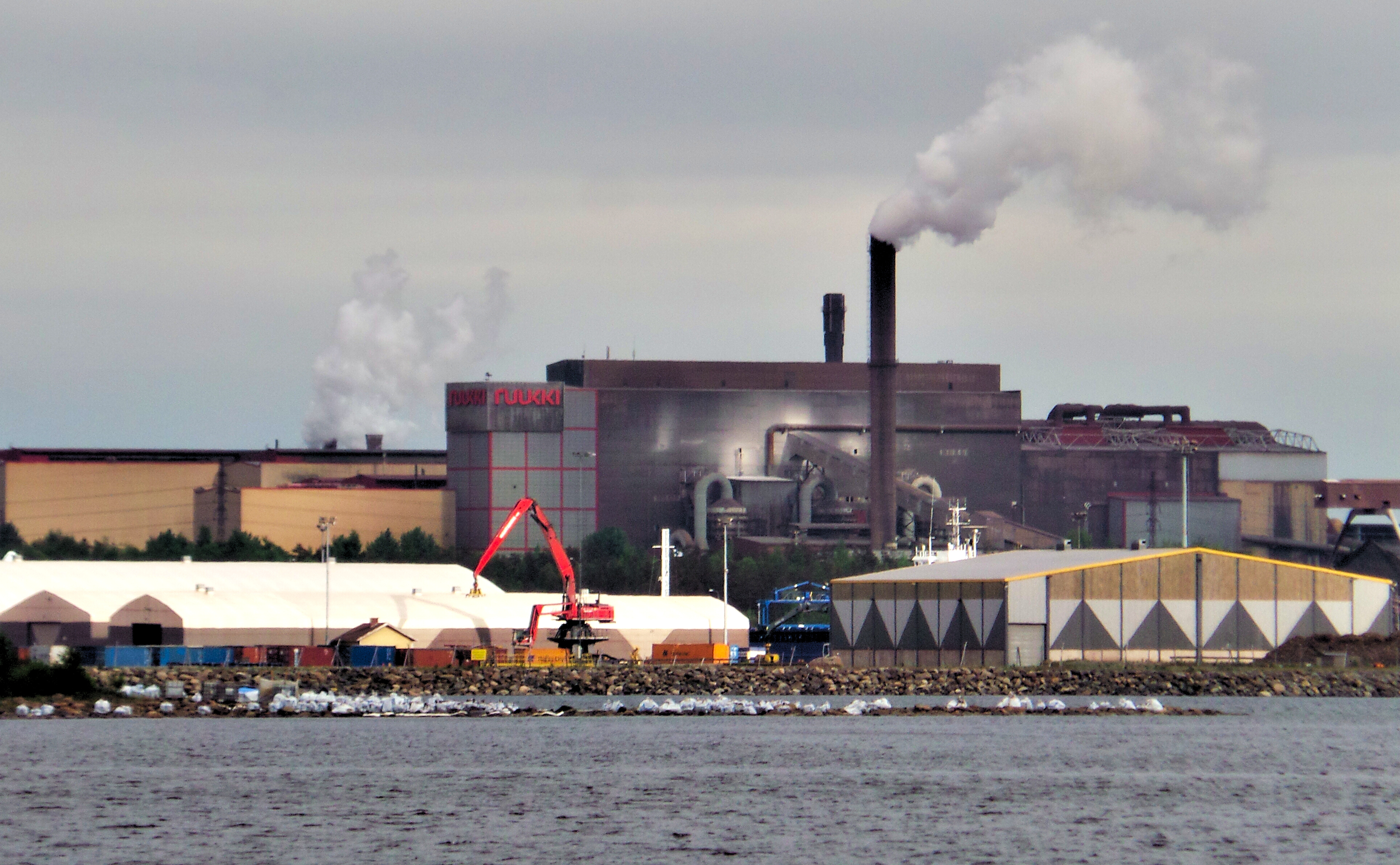Chemistry 101 for Teens
- Introduction to Chemistry
- The Periodic Table
- Atomic Structure
- Chemical Bonding
- Chemical Reactions
- Solutions and Solubility
- Acids, Bases, and pH
- Energy in Chemistry
- Organic Chemistry Basics
- Biochemistry Basics
- Chemistry in Our Daily Life
Chemistry in Our Daily Life
Environmental Chemistry: Understanding Our World

Scientific study of the chemical and biochemical phenomena that occur in natural places.
Environmental chemistry is a crucial field that explores the chemical processes and phenomena that occur in the natural world. It plays a vital role in understanding and addressing many of the environmental challenges we face today. This unit will delve into the chemistry of the atmosphere, water, and soil, and how these elements interact with human activities.
Chemistry of the Atmosphere
The atmosphere is a complex mixture of gases, including nitrogen, oxygen, argon, carbon dioxide, and trace amounts of other gases. The chemistry of the atmosphere is critical to life on Earth, influencing everything from the air we breathe to the climate we live in.
Air pollution is a significant concern in environmental chemistry. It involves the release of harmful substances, such as sulfur dioxide, nitrogen oxides, carbon monoxide, and particulate matter, into the atmosphere. These pollutants can have detrimental effects on human health and the environment.
Climate change, largely driven by the increase in greenhouse gases like carbon dioxide and methane, is another critical aspect of atmospheric chemistry. Understanding the chemical processes involved in the greenhouse effect is essential for developing strategies to mitigate climate change.
Chemistry of Water
Water is a fundamental resource for all life forms. The chemistry of water involves understanding its properties, the substances it can contain, and how it interacts with other elements in the environment.
Water pollution is a significant issue, with pollutants ranging from organic waste to industrial chemicals. Understanding the chemical nature of these pollutants helps in developing effective water treatment methods.
The water cycle, a continuous process by which water circulates between the Earth's surface and the atmosphere, is another crucial aspect of water chemistry. It involves several processes, including evaporation, condensation, precipitation, and transpiration, each with its unique chemical aspects.
Chemistry of Soil and Agriculture
Soil is a complex mixture of minerals, organic matter, water, and air. The chemistry of soil involves understanding its composition, how it interacts with living organisms, and how it can be affected by human activities.
Fertilizers and pesticides are common in agriculture, and their use has significant implications for soil chemistry. Fertilizers, which are rich in nitrogen, phosphorus, and potassium, can alter the nutrient balance in the soil. Pesticides can accumulate in the soil, affecting its health and the organisms that live in it.
Understanding the chemistry of these substances and their impact on the environment is crucial for sustainable agriculture and environmental conservation.
In conclusion, environmental chemistry is a vast and complex field that touches every aspect of our lives. By understanding the chemical processes in our environment, we can make informed decisions that promote sustainability and protect our planet.